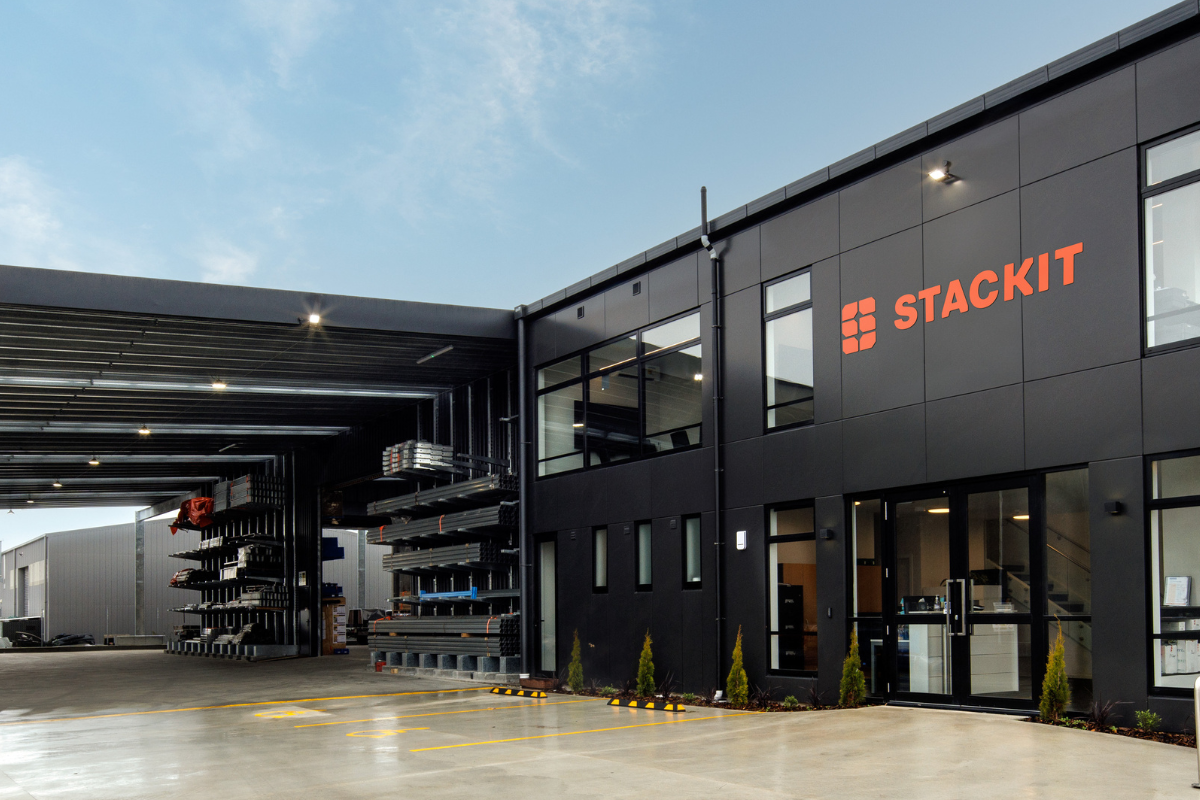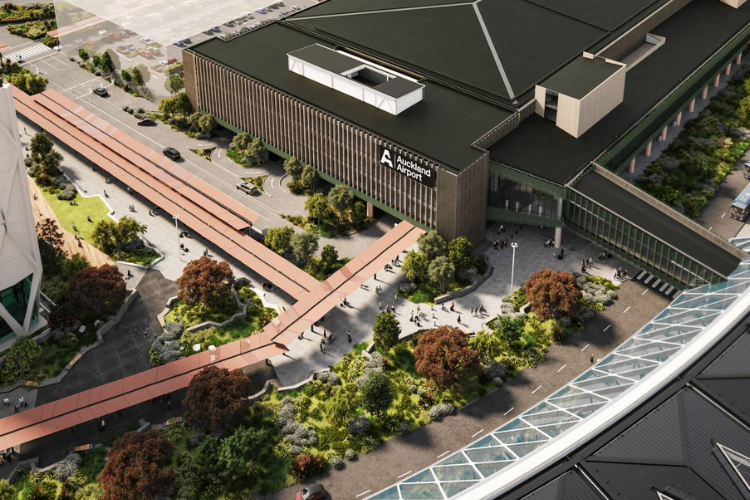The client
Foodstuffs is New Zealand’s leading food distributor. They look after more than 50% of the grocery market and manage more than 680 stores and wholesalers across the nation.
The situation
Foodstuffs needed its instore health and safety risks reviewed across all stores, specifically around striving for seismic compliance. Brevity intimately understands the seismic requirements of building in New Zealand, which made us the natural choice for the job.
Our solution
We’ve launched a pilot program, starting with 20 Foodstuffs stores, to map out the potential risks at each site. With two full-time engineers onsite carrying out in-depth inspections, and a team of engineers supporting them at Brevity headquarters, we are very well placed to deliver our analysis.
Onsite, our engineers are using Matterport, cutting-edge 3D-capture technology, to map the stores. Matterport provides a realistic photo-model of the spaces which can be navigated in a similar way to Street View on Google Maps, or by using virtual reality goggles. This technology allows our headquartered engineers to virtually explore any area remotely with real-time information, not outdated plans or static photographs.
Our headquartered engineers are using 3D reality capture – including level heights, bay lengths, and member specifications – to analyse racking, approximate load and function for potential areas of improvement.
The results
To date, our pilot program has smoothly and successfully launched. Our first series of reports identifying potential risks have already been delivered with more to follow. It’s a first step towards helping Foodstuffs provide a safer and seismically compliant grocery shopping environment for their customers. Furthermore, it has the potential to reduce legal and insurance exposure and would minimise disruption to services for Foodstuffs in the unfortunate event of earthquake activity.
A Unified Step Forward: Strengthening Seismic Resilience in Building Design
Two key documents, the AWCI Code of Practice for Suspended Ceilings and the BIP Code of Practice for the Seismic…
RACKING AND SHELVING: CHALLENGES AND OPPORTUNITIES IN THE NZ ENVIRONMENT
Brevity has been a key partner to STACKIT for many years, united by a shared passion for engineering, ingenuity, and…
AUCKLAND INTERNATIONAL AIRPORT TRANSPORT HUB
Brevity was engaged by TSA Management to provide a wide array of non-structural seismic design throughout the Airport…


